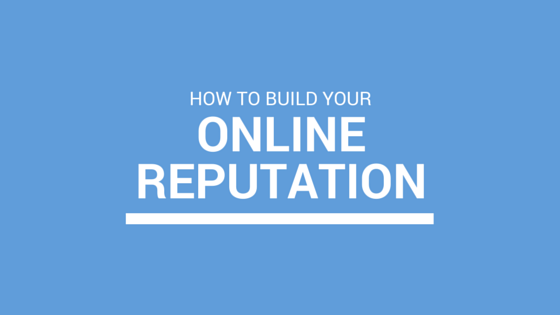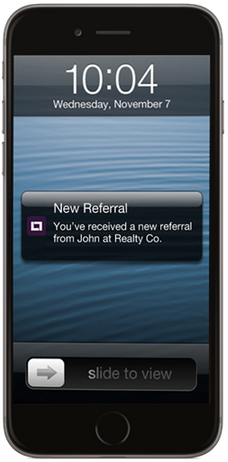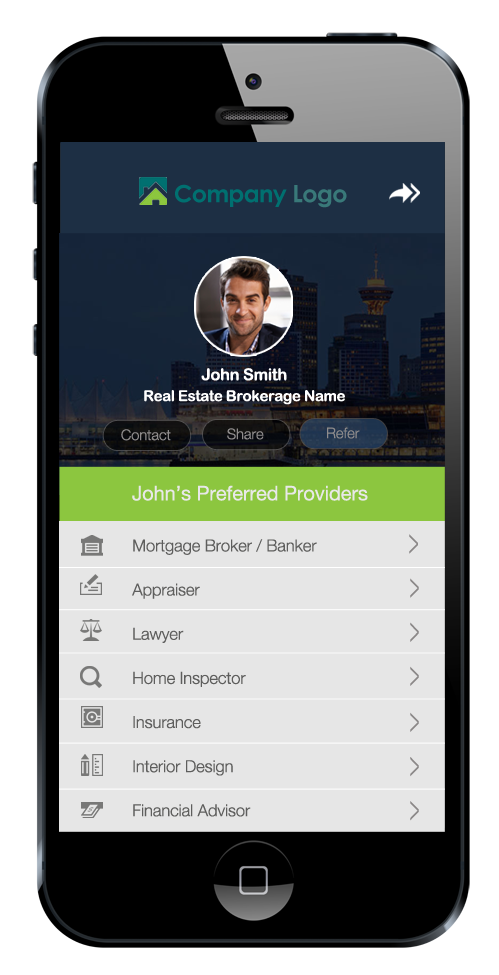People do business with people they know, like and trust.
In real estate, this phrase couldn’t be more true. Clients don’t choose a real estate agent based on the letters after your name or the awards on your desk – and they definitely won’t be referring their friends or family because of them either.
The truth is that real estate is about relationships. Our ability to connect with clients on a personal level and build meaningful, value-added relationships is how we grow our business and separate ourselves from the competition. In fact when the National Association of REALTORS® performs their survey of home buyer & seller trends, the most important characteristics when choosing an agent are if the agent is honest & trustworthy, whereas the agent’s brand and designations rank low on the list. So while those designations are great for building new skills, they won’t necessarily grow your client list.
So just why are relationships so important? Buying or selling a home is not only a huge financial commitment, but it also coincides with major life events- like getting married, deciding to have children or becoming empty nesters. Therefore, as a real estate agent we can’t just focus on the sale but instead how we can advance our relationships. As Brian Buffini contends, “Delivering a premium experience… means nurturing, building and preserving your relationship with your client.”
If we think about how real estate has changed over the past 20 years, it’s no wonder that relationships are becoming more and more central to the success of any agent. With the rise of technology – especially searching for properties and neighborhood information online – an agent can no longer simply supply listings to their clients. If our only service is providing info on homes for sale or posting a property online, we become a commodity.
Instead, if we emphasize building relationships we ensure we aren’t forgettable. This means a paradigm shift from being a real estate salesperson to being a real estate consultant. Salespeople complete transactions. Consultants educate clients about the buying & selling process, connect clients with a team of professionals ( like mortgage brokers, lawyers and home service providers), and stay connected with clients after closing. While this paradigm shift means spending more time with each client, it also means your business can grow exponentially. Each client becomes your ally, brand advocate & marketing team – they come to you with real estate questions, they remain loyal when they buy or sell in the future, and they refer you to their friends, family & colleagues. How do you build value-add relationships with your clients?
With ClientLinkt by QuickLinkt, real estate agents can increase client value by sharing their team of trusted home service providers & local businesses via their own custom-branded mobile app. This allows agents to provide more client value, stay connected post-close and strengthen their client relationships. Learn more about ClientLinkt here or contact sales@quicklinkt.com for more details.










